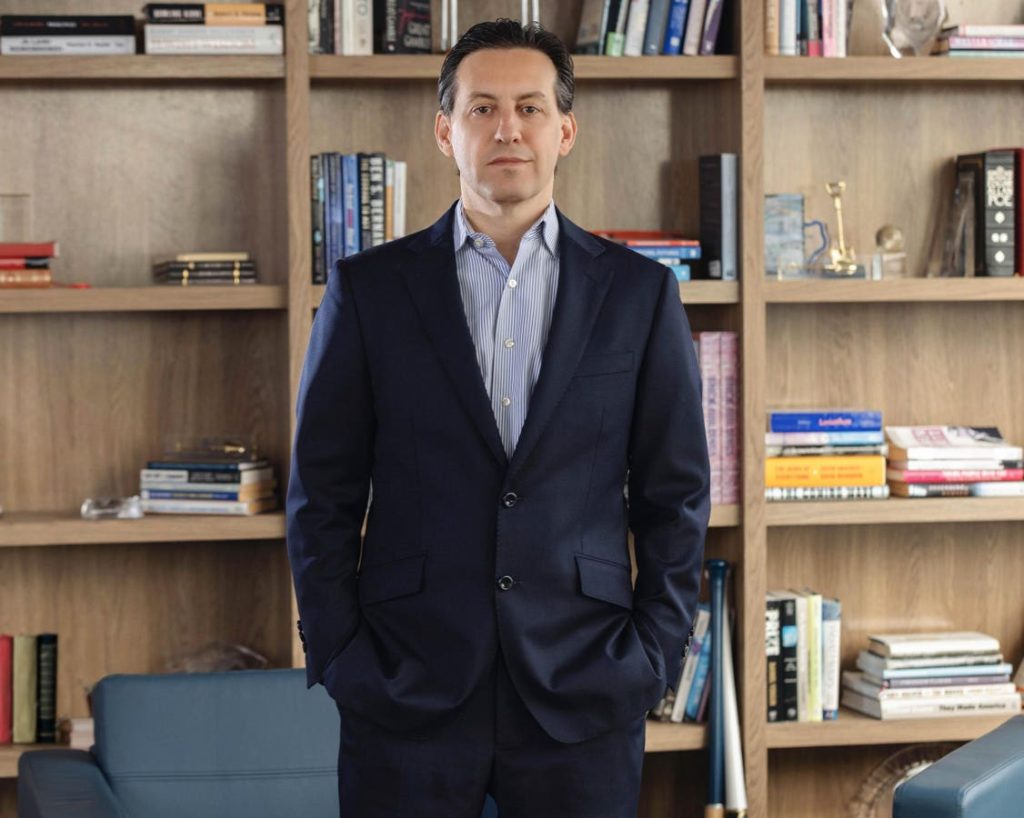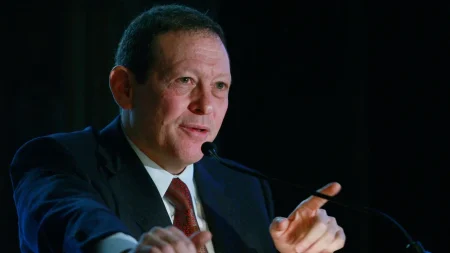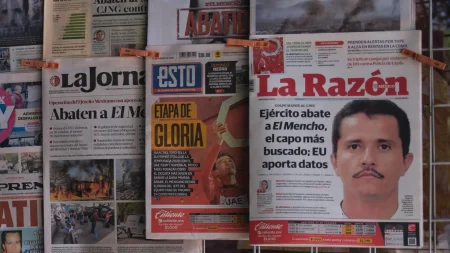From Border Crosser to Billionaire: The Unlikely Success Story of Fernando De Leon
Fernando De Leon’s journey to becoming a Forbes-listed billionaire is a testament to the power of resilience, adaptability, and an unwavering belief in the American dream. Born in Texas to Mexican parents, De Leon’s life began with a twist of fate – his mother’s decision to cross the border for his birth granted him US citizenship, a privilege not shared by his siblings and one currently under scrutiny in American political discourse. This unique circumstance shaped his early life, exposing him to two distinct social and economic systems, fostering a keen understanding of their strengths and weaknesses. The daily commute across the border for school instilled in him an appreciation for opportunity and a drive to succeed.
Tragedy struck when De Leon’s father passed away, plunging the family into poverty. Forced to become the family’s breadwinner, his entrepreneurial spirit ignited. He leveraged his bilingual skills, convincing American real estate developers operating in Mexico of his ability to handle complex translation tasks, even at the young age of thirteen. This early exposure to the real estate world laid the groundwork for his future success. In 2006, he founded Leon Capital, initially focused on developing homebuilder lots and apartment buildings. Over time, Leon Capital transformed into a diversified conglomerate spanning eleven industries, including healthcare, insurance, and dentistry, generating over $800 million in annual revenue. De Leon retains significant ownership in each subsidiary, a testament to his long-term vision and commitment. His remarkable achievements were recently recognized with the prestigious Horatio Alger Award, an honor bestowed upon individuals who have overcome adversity to achieve extraordinary success.
De Leon’s success can be attributed to a unique blend of business acumen, cultural awareness, and a deeply ingrained work ethic. He firmly believes in the power of creating businesses that improve lives, emphasizing the importance of providing utility to a large number of people. This philosophy, coupled with a relentless pursuit of efficiency and a deep-seated fear of returning to poverty, fuels his drive to constantly innovate and optimize his businesses. This fear, born from his childhood experiences, acts as a constant motivator, preventing complacency and ensuring prudent decision-making. An example is his initiative to resell used medical equipment from his dental practices to buyers in Mexico, transforming a previously overlooked expense into a new revenue stream.
Central to De Leon’s philosophy is the importance of business ownership. He advocates for entrepreneurship as a path to wealth creation, highlighting the intrinsic motivation and direct connection between effort and reward that comes with owning a business. This belief extends to his leadership team; he actively encourages shared ownership, creating a culture of accountability and shared success. He contrasts this model with the practices of private equity firms, which he views as short-term "leaseholders" of businesses rather than true owners. De Leon prefers a long-term approach, maintaining significant control over his companies and fostering a culture of sustainable growth.
De Leon’s cross-cultural upbringing has also played a pivotal role in his success. He emphasizes the importance of immersing oneself in diverse cultures, citing it as a crucial ingredient for expanding one’s worldview and fostering innovative thinking. He believes that exposure to different perspectives and ways of life enhances problem-solving skills and fuels creativity. His own experiences navigating between Mexican and American cultures have honed his ability to understand human behavior, a skill he finds invaluable in recruiting and managing talent. He looks for unconventional thinkers with the resilience to navigate the challenges of building and scaling businesses.
De Leon places a high premium on data-driven decision-making and subject matter expertise. He demands that his senior managers possess a deep understanding of their respective industries, including intricate details of costs and operations. He holds them accountable for their performance, using rigorous questioning to ensure they are well-informed and making sound decisions. This emphasis on accuracy and expertise minimizes risk and maximizes the effectiveness of capital allocation.
Finally, De Leon stresses the importance of studying the competition. He believes that even the most successful companies have vulnerabilities, and by analyzing their operations with a skeptical eye, entrepreneurs can identify opportunities for disruption. He encourages aspiring business leaders to challenge the status quo and believe in their ability to compete against established players, even those with seemingly insurmountable advantages. This willingness to challenge conventional wisdom, combined with a relentless focus on execution, forms the cornerstone of De Leon’s remarkable success story.











